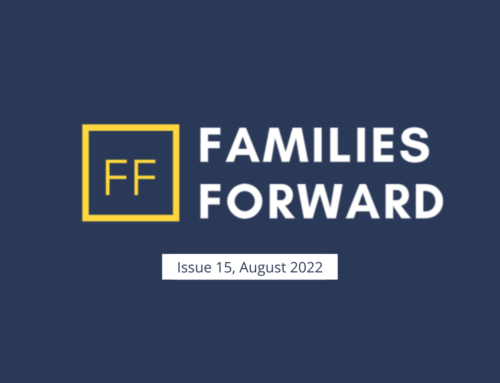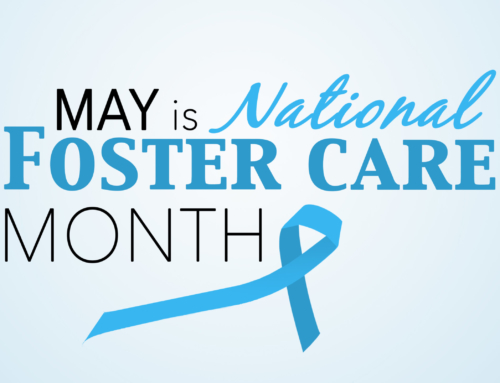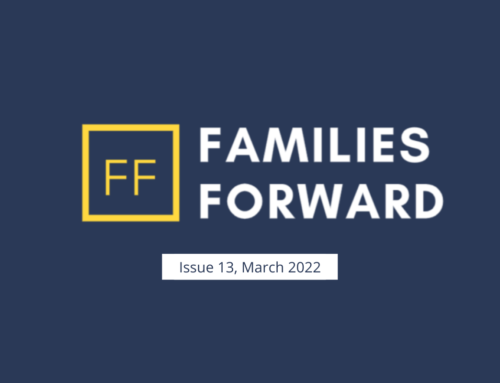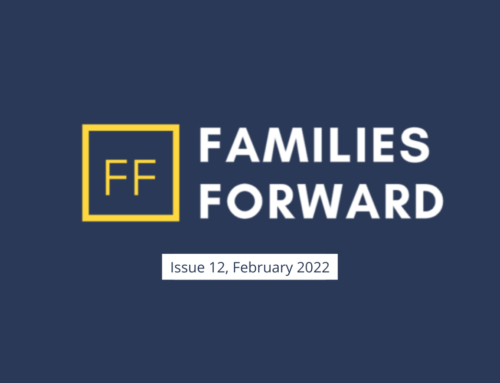Honoring Black History Month: Strengthening Families, Empowering Futures
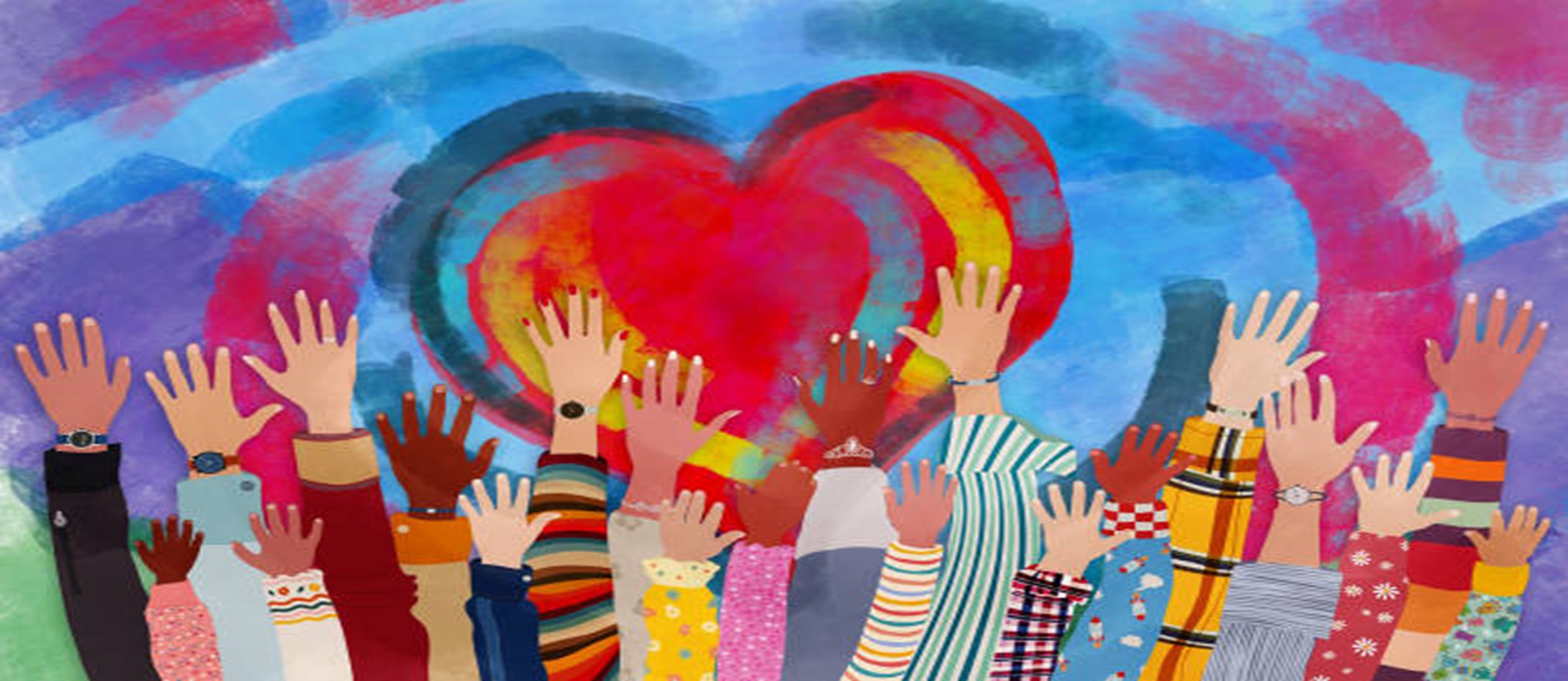
February marks Black History Month, a time to honor the achievements, resilience, and contributions of Black individuals throughout history. At Forever Families, we recognize the importance of this month not only as a celebration of history but as an opportunity to acknowledge the challenges faced by Black children and families in the foster care and adoption systems—and to advocate for a future of equity, support, and love.
Understanding the Disparities
Black children are overrepresented in the foster care system, often facing longer stays in care and lower rates of adoption compared to their peers. According to the Adoption and Foster Care Analysis and Reporting System (AFCARS) data for fiscal year 2021, Black or African American children accounted for 51% of the foster care population in Michigan. This is disproportionate considering that Black individuals make up approximately 14% of Michigan's total population. Systemic inequities, historical biases, and a lack of culturally competent resources contribute to these disparities. Addressing these challenges requires awareness, advocacy, and action to ensure every child has the opportunity to grow up in a safe, loving, and permanent home.
Fostering Black Identity: The Foundation of Self-Worth
For Black children in foster care, their identity is an essential part of who they are. However, the experience of being removed from their biological families can sometimes make it difficult for them to fully understand and embrace their cultural identity. Interracial adoption has increased significantly in the last 20 years, A study published by the Institute for Family Studies found that 44 percent of the adopted children surveyed were adopted by parents of a different race. It’s critical that foster parents and caregivers provide spaces where these children feel seen, heard, and valued—not just as individuals, but as part of a larger, rich cultural history.
Foster parents and Caregivers can nurture Black identity by:
- Celebrating African American History and Culture: Share stories of Black heroes, artists, activists, and inventors. Incorporate Black literature, music, and art into everyday life. Highlighting the contributions of the Black community throughout history can instill a sense of pride and belonging.
- Creating an Affirming Environment: Surrounding children with positive representations of Black culture helps to combat stereotypes and instill a healthy sense of self. Decorate their rooms with art, books, or family photos that reflect their heritage.
- Engaging in Conversations about Race and Identity: Normalize conversations around race, identity, and history. This helps children process their experiences and builds confidence in their own voice.
The Power of Representation and Cultural Identity
For Black children in foster care and adoption, maintaining a connection to their cultural heritage is essential. Representation matters—not just in books, media, and history but in the families and communities they are part of. Foster and adoptive parents who embrace and celebrate a child’s identity can provide the affirmation and sense of belonging that every child deserves.
Empowering Foster Youth to Dream Big
One of the most powerful gifts we can give to any child, particularly Black youth in foster care, is the belief in their limitless potential. As foster parents, we can play an instrumental role in helping children set high goals for themselves and providing the encouragement and tools needed to achieve them.
- Provide Opportunities for Success: Support children in exploring their passions, whether it’s sports, academics, arts, or other extracurricular activities. Help them see that their dreams are achievable by exposing them to new experiences and role models who share their aspirations and same race.
- Teach Resilience and Self-Advocacy: Encourage Black foster youth to embrace their unique journey, equipping them with the tools to face challenges with resilience and courage. Foster open conversations where they can express their hopes and dreams, and empower them to advocate for themselves.
- Celebrate Their Achievements: No matter how big or small, take time to celebrate accomplishments. Recognizing achievements helps build confidence and reinforces the idea that they can accomplish anything they set their mind to.
Black History Month reminds us that our work in foster care is not just about meeting immediate needs; it’s about fostering a deeper connection to identity, culture, and a bright future. As current and future foster parents and caregivers, we have the privilege and responsibility to support the Black youth in our care by:
- Celebrating and nurturing their Black identity.
- Supporting their cultural connections and traditions.
- Empowering them to dream big and pursue their goals with confidence.
At Forever Families, we are committed to supporting families in providing culturally responsive care. This means offering education, resources, and training that help foster and adoptive parents honor and uplift a child’s racial and cultural identity. By making a commitment to these values, we help ensure that the children in our care not only survive, but thrive—embracing their full potential and becoming the leaders, visionaries, and change makers of tomorrow.
Let’s work together to create a future where all Black foster youth feel empowered to take pride in who they are and chase after their dreams fearlessly.


